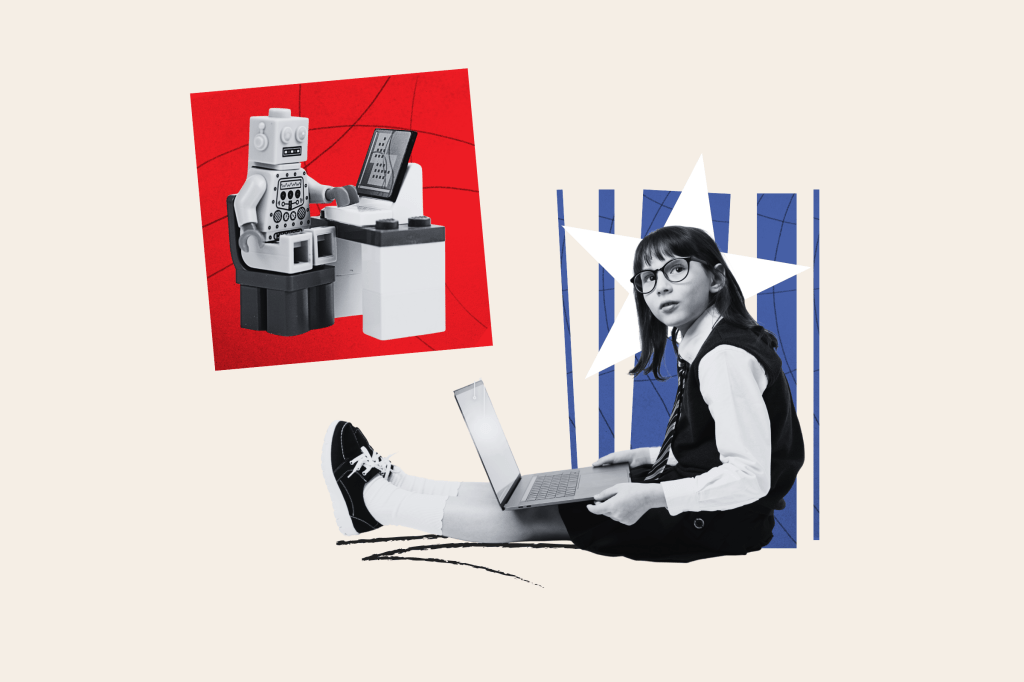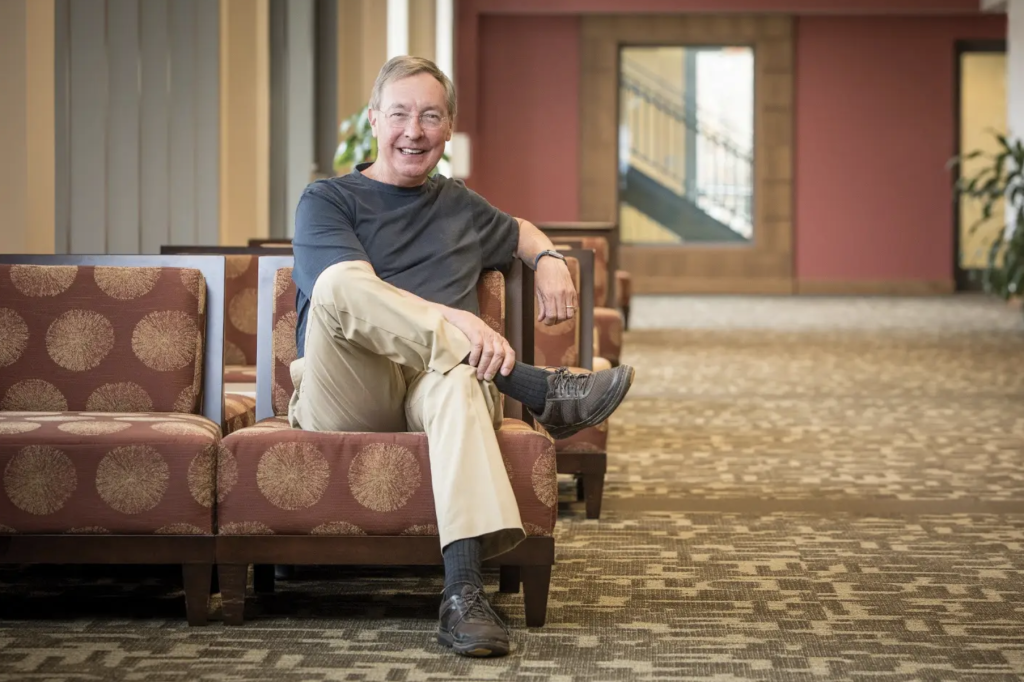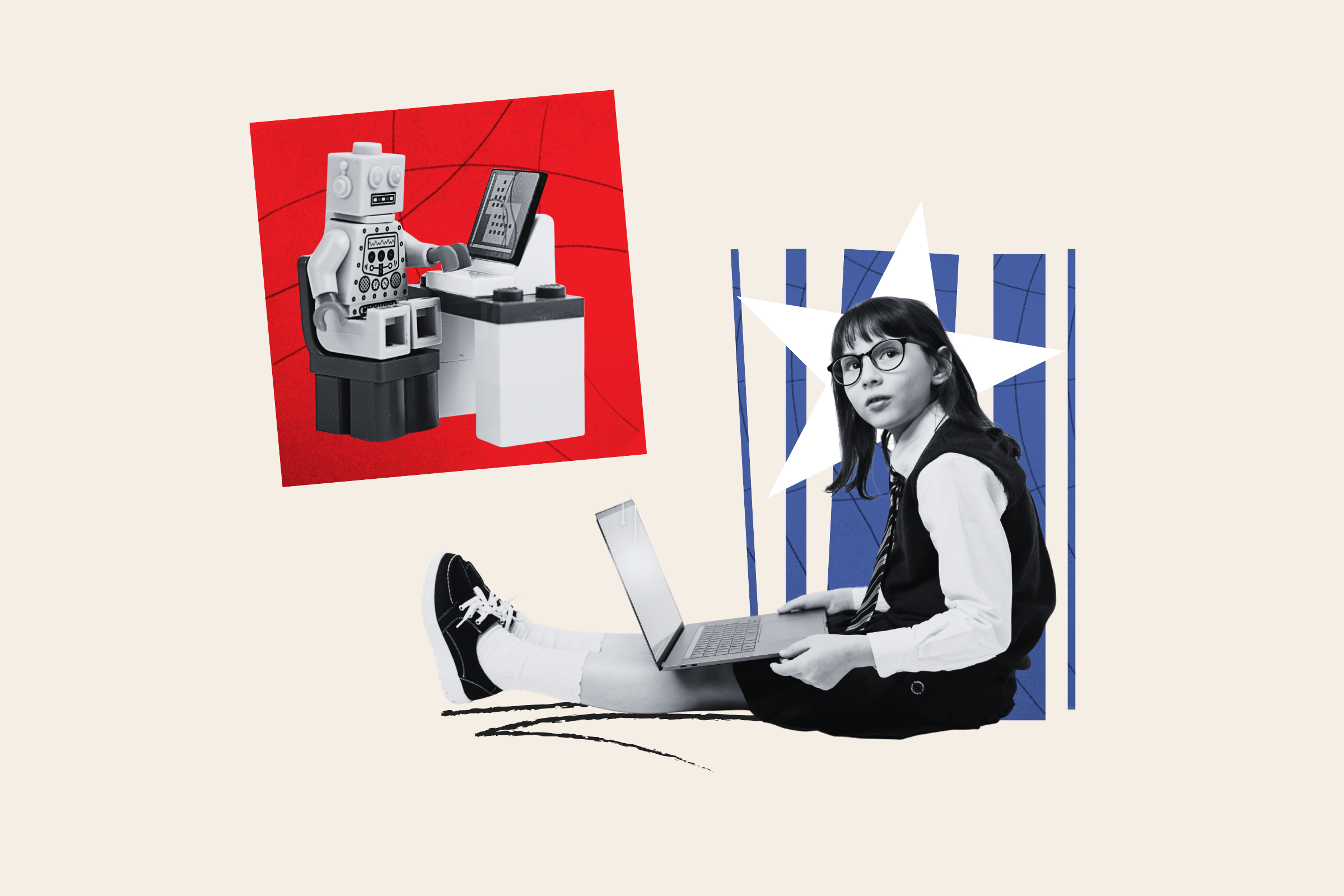How to Prepare Schools for the AI Era, Says Former Venture Capitalist
A former venture capitalist is urging schools across the United States to evolve and prepare students for a future shaped by artificial intelligence. In an interview, Ted Dintersmith, who shifted his focus to educational reform after a successful career in tech innovation, emphasized that high schools are still preparing students for a world that no longer exists.
Dintersmith described the current system as “college or Chipotle,” meaning students are either pushed toward college or into low-paying jobs. He argued that while education is essential, the overemphasis on college as the sole path to success is fundamentally flawed.
With rising tuition costs, declining graduation rates, and increasing underemployment among college graduates, he pointed out that the traditional route often fails many students. “Already you’re seeing the jobs for college grads drying up,” Dintersmith said. “If you’re just trained to carry out assignments that AI does perfectly, who wants to hire you, right?”
Dintersmith, who visited 200 schools across all 50 states before writing a book titled What School Could Be, believes that U.S. educational policy is stuck in the past. He criticized the obsession with test scores, stating that they do not align with the skills and mindsets students need in today’s world.
He advocates for a shift away from standardized testing and toward career-based learning. By equipping students with practical skills, schools can better prepare them for the realities of an AI-driven economy. His new documentary, Multiple Choice, highlights a public school district in Virginia where every student participates in vocational training, such as welding or carpentry.
“What the film shows is, what if we made better use of those four years and equip kids with multiple interesting options instead of college or Chipotle?” Dintersmith said. “Hence the title, Multiple Choice…don’t prepare kids for multiple choice exams. Give them the skills and mindset so they have multiple interesting life choices at age 18.”

Dintersmith advises schools and educators to embrace AI, integrate career-based learning, and challenge existing accountability metrics. He outlined three key strategies:
Lean into AI: Schools should focus on creating and carrying out bold, interesting initiatives. Rather than memorizing facts, students should apply knowledge to real-world problems. AI can be used as a tool to help students create something impressive and unique.
Take advantage of career-based learning: Career-based learning opportunities exist in every school, even if they are not formal classes. For example, Dintersmith shared how editing the school newspaper was one of the most transformational experiences of his high school years. These opportunities should be celebrated and encouraged, even expected for all students.
Challenge existing accountability measures: If schools are still held accountable for reading and math scores, meaningful change becomes difficult. New metrics should reflect the diverse needs of students in a rapidly evolving world.

When asked about the importance of a college degree today, Dintersmith emphasized that he is not anti-education but believes the idea that a college diploma is the only path to success is wrong. “We’ve been telling these kids that the only way you can make it is with a college degree,” he said. “We’ve been turning our high schools into basically 100 percent college prep factories.”
He argues that the rise of AI is making this model increasingly obsolete. “Already you’re seeing the jobs for college grads drying up,” Dintersmith said. “Because if you’re just trained to carry out assignments that AI does perfectly, who wants to hire you, right?”
Dintersmith also highlighted the need for students to explore different paths and find their own interests. “It’s a great model,” he said. “The film shows that when schools support career-based learning, students are better prepared for the workforce and the local economy benefits as well.”
In response to how schools should adapt to a changing world, Dintersmith outlined the three key strategies again: embracing AI, focusing on career-based learning, and challenging outdated accountability measures.
His message is clear—schools must evolve to meet the needs of students in a world driven by technology. By shifting the focus from standardized tests to real-world skills, schools can better prepare students for the future.
- At 100, He Was Still Running Marathons — What Fauja Singh Taught the World About Aging - February 9, 2026
- IELTS Reading Practice Test: Full Passage, Questions, and Detailed Answers (High-Value Global Traffic) - February 9, 2026
- BPJS Capai 98 Persen, Bangka Barat Raih Penghargaan UHC 2026 - February 9, 2026




Leave a Reply